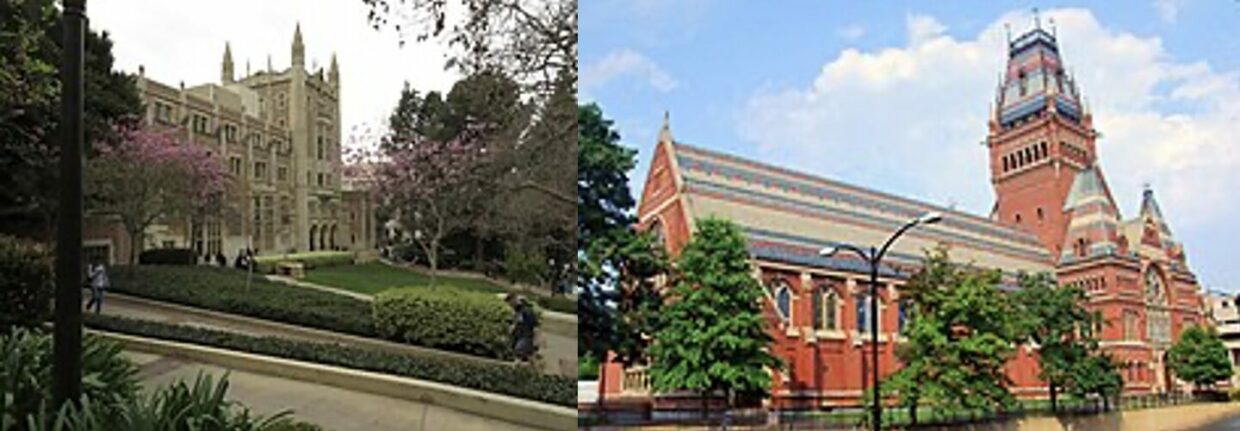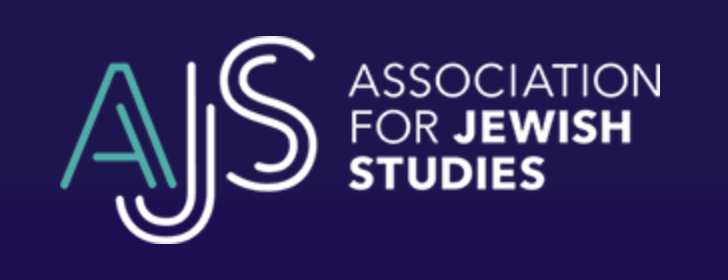About a decade ago we had an interesting conversation at a faculty meeting about some professors’ policy of banning laptops in class. They argued that the students absorbed the material better and were more engaged.
I was hesitant to implement something like this, not only because I was transitioning to an electronic casebook, but because, as an English-as-a-third-language speaker I am aware of how slowly I write compared to my typing speed. I assumed (correctly) that people would want to take notes in class, and that handwriting would slow them down.
Then, I decided to experiment on myself. I had to attend a conference and decided to try both note-taking styles. Each day included talks that were of comparable professional interest to me. The first day, I wrote notes by hand. The second day I typed. A week later, I remembered plenty from the first day and absolutely nothing from the second.
Despite my <groan> “lived experience” </groan> I decided not to ban laptops in class. I shared the results of my experiment with my students, and while some decided to try taking notes by hand, most kept their laptops. But the whole thing taught me something valuable about the process of learning. Plenty of psychological and educational research confirms this: when note-taking by hand, people carefully consider the material rather than type it unprocessed, which improves recall, even if the end product is less pretty.
Two recent experiences made me think about this. First, I got to read this piece, which is a Jeremiad about what AI has done to postsecondary education (I agree, which is why I will no longer teach paper-based seminars). What was most interesting about the piece, however, was the author’s effort to explain why it was that students recurred to AI to cheat. Sure, it’s easy, and people panic and procrastinate, and all the usual answers. But there’s something else going on:
In Anarchy, State, and Utopia, Robert Nozick writes, “Suppose there were an experience machine that would give you any experience you desired. Superduper neuropsychologists could stimulate your brain so that you would think and feel you were writing a great novel, or making a friend, or reading an interesting book. All the time you would be floating in the tank, with electrodes attached to your brain.” Nozick asks whether you would plug into such a machine for life, with all your experiences no more than preprogrammed illusions. Hedonists would surely reply, “heck yes, the sooner the better!”
Nozick was anti-hedonism. He argued that as appealing as the experience machine initially seems, we would not want to spend our lives attached to it. There are two key reasons why: first, we want to do things with our lives, to accomplish things. It is not merely the artificial feeling of accomplishment that we crave, but the actual fact of it, the truth that we have done something with our time in the world. It is better to write the Great American Novel than just have the false conviction that you have written it, it is better to be loved and have real friendships than buy the machine’s lie otherwise.
Second, the experience machine not only strips us of a connection to real accomplishment, but prevents us from becoming authentic persons. Are you courageous, kind, intelligent, witty, loving, generous? Plugged into the experience machine of phony pleasures, you aren’t anything. Instead, you are simply a passive blob, a receptacle of pleasurable (but fraudulent) sensations. If you prefer to do and have done things and to become a real and genuine person, then you should reject the allure of the experience machine.
That’s Nozick’s argument. Nozick is wrong. AI is the birth of the experience machine, and students prefer it. That’s why they cheat.
Writing is not a tool to express our thoughts—the act of writing is the act of thinking. Sitting down and making words, pondering not merely le mot juste, but how the argument works, what metaphors are appropriate, what really is the conclusion you want to reach, that is the creation of your own point of view. A sophomore telling ChatGPT or Gemini or Claude to write a critique of euthanasia is not developing her own ideas about euthanasia. But it does give the illusion.
Finally, having cheated all the way through college, letting AI do the work, students can have the feeling of accomplishment walking across the stage at graduation, pretending to be an educated person with skills and knowledge that the machines actually have. Pretending to have earned a degree. If Nozick were right then AI would not lead to an explosion of cheating, because students would want the knowledge and understanding that college aims to provide. But in fact many just want the credential. They are hedonists abjuring the development of the self and the forging of their own souls.
This is depressing, and it confirmed something I experienced a couple of years ago when I taught pre-law undergrads across the bridge. It was an online class, and I prepared a lot of interactive assignments in small groups, but very quickly it turned out that the class would not work as planned. Students would return from breakout rooms and report that everyone else in the group was nothing more than a black, unresponsive rectangle, and they couldn’t discuss the assignment. Defeated and disappointed, I had to revert to straight lecturing, which is my least preferred method of conveying information online, because otherwise the few folks that tried to be engaged would just face endless frustration. What the heck? I thought. If they’re not in class, why did they log on? And if they logged on, why won’t they participate? Some of this classroom dysfunction was demystified on December 26th when, to my surprise, I received an email notifying that “Melany’s OtterPilot Has Joined Your Meeting.” It was our regular class time, but of course it was the day after Christmas and the semester had ended weeks prior. When I logged on out of curiosity, a black rectangle representing the student was there. I turned on my camera and said “well, hello there,” and the rectangle disappeared. As per an Internet search, OtterPilot is an AI service that attends virtual classes for you and summarizes them. If it was in wide use throughout the semester and I spent four months lecturing to dozens of bots, it would explain not only the scant participation during online lecture, but also the the lackluster performance and milquetoast answers on the final.
I’m not a megalomaniac and I’m sure my class wasn’t the single most scintillating experience on the planet. But what could 160 19-year-olds have going on on Tuesday and Thursday mornings at 9:30 that was so much better than talking with their friends about jury selection and murder cases and ethical dilemmas about crime–topics that interested them enough to pick the course as an elective? What was so much better on the phone or on the screen during those particular 100 minutes? Wasn’t it a shame that they missed out?
Anyway, now that I’m a student myself again, it’s been interesting to see how my colleagues–highly accomplished second-career folks who are studying something they are passionate about enough to burden themselves with a rigorous program on top of full-time jobs and families–are taking to the panoply of AI tools, which was not around last time when they were at the grad school rodeo. Folks are having their otters and other AI rodents take notes during class and sharing them. I take my notes myself, so I have some basis for comparison. The AI captures some of what happens in class, but when I read it, it seems very removed from the class I attended. Had I not paid attention and taken notes, I would have absorbed nothing from the AI summary. When we have an assignment, hefty as it is, I don’t freak out because the material, which I summarized by hand, is fresh in my head–I don’t need to reconstruct it from disembodied notes.
On the other end of the spectrum is the second experience: my awesome drums class (easily the best two hours of my week outside of family time). I learn drums in a group of marvelous people, in person, from an in-person teacher, not from an app. Everything is very immediate, very hands-on, and very conducive to learning. As someone with a more than decent sense of rhythm and plenty of experience playing instruments in bands and ensembles, I expected drumming to become rewarding more quickly (imagine, as a woodwind player, skipping the long months you spend just working on getting a decent sound out of your instrument! Hit the drum and it plays!). To some degree it’s true. But it does turn out that mastering drumming skills is a multi-step process, and after doing this for about a year, I can distinguish them. Step one, which is usually not an issue for me, comes being able to comprehend and absorb the pattern in your head. Step two is translating what’s in your mind to your hands and legs, i.e., to get it in your body. And step three is the physical ability to perform the pattern (e.g., how fast can one kick the kick drum, how accurately you can play 16ths on the hat and the snare, can you time the hat foot with the kick foot). Now that we’re playing patterns that disconnect the kick foot from the dominant hand hitting the hi-hat, things take a bit longer to digest, and we all spent several weeks “in the soup”, as it were, clumsily trying to separate foot from hand. It was a very physical sense of plateau in step 2. At some point, I felt that I got over that, and then realized, to my dismay, that even as the mind is strong, the flesh is weak: quads were cramping, forearms were hurting, etc. It was only a couple of weeks ago that I had a transcendent sense that we all, one way or another, got over the step 3 hump and accomplished something. Folks, it was exhilarating. I’m sure there are more learning fits and starts in our future, but I can feel us getting better.
Even as I understand, cognitively, the allure of the experience machine, it makes me deeply sad that people don’t want to experience the profundity of the learning process. It’s so interesting and satisfying to see what your one and only brain can do, where it stumbles, how it overcomes, how shortcuts are assembled and dismantled, how neural pathways are forged and overwritten. What possible diploma or grade could be better than rewarding yourself with the experience of your own cognition, experiencing yourself as a full human, and seeing what you’re capable of?
When it’s over, like Mary Oliver, I want to say: all my life I was a bride married to amazement. Don’t you?













